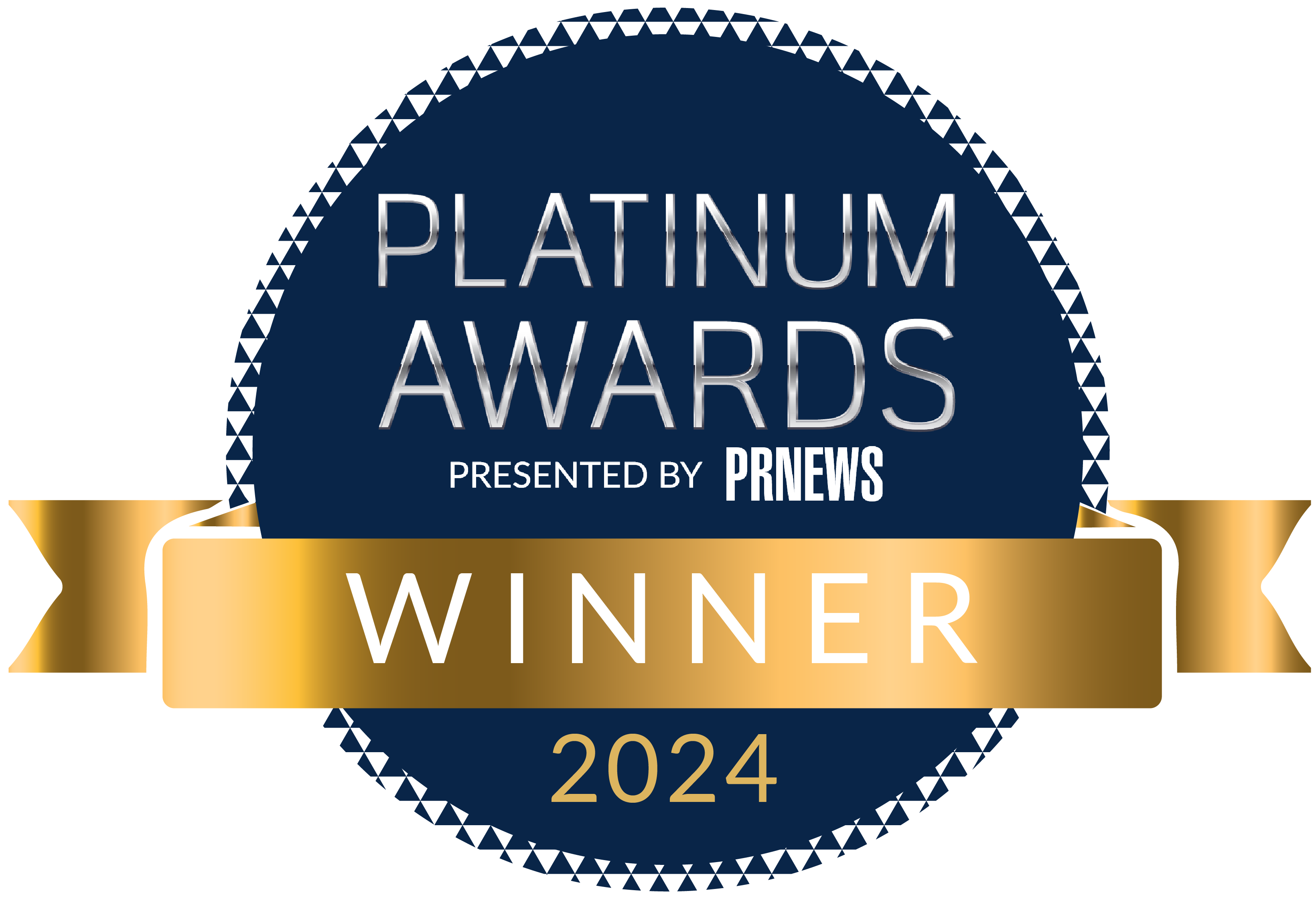Over the past five years, no form of media has risen in popularity quite like the podcast, as 75% of Americans are now familiar with the term “podcasting” and more than 5 in 10 have listened to a podcast themselves. Whether you want to learn about the importance of advanced semiconductor materials like diamond or the history of punk rock, there’s a podcast for you. While podcasts are rising in popularity, its “older brother” radio continues to remain steady, making both ideal for PR campaigns, but navigating can be tricky.
Podcasts’ subject matter span far and wide, but it also seems like everybody has one, including your 30-year-old cousin who still lives in your aunt’s basement. Devoted audiences and niche subject matter make these platforms perfect for those that want to show industry expertise, but the oversaturation of podcasts and regionality of radio can make both mediums difficult to approach. Below, we’ll take a look at the benefits to both podcast and radio, and how to effectively target them for PR campaigns.
Podcast
There are a lot of podcasts out there. A LOT! So how do you know which ones are worth pursuing and which ones should be avoided (because they’re hosted by your 30-year-old cousin)? A quick Google search of the subject matter plus “podcast” will give you the most popular, but that doesn’t mean they are the best fit. Those that rank at the top of Google will also likely be the toughest to get on.
An initial Google search can give you the lay of the land, but a good place to look for reputable, informative podcasts is relevant industry magazines and blogs. These days, almost every media publication has a podcast component, with some having many podcasts on multiple subjects. Much like newspapers have beat reporters covering different subject areas, today’s most progressive media companies have podcasts for every area they cover.
Spotify is another good platform to search for podcasts, as it’s invested heavily in the medium over the past two years. You can also look at rankings on iTunes, Charitable, Stitcher, and more to get a better understanding of audience size and popularity.
Once you find the perfect podcast, it may be difficult to find direct emails to hosts and producers, especially if it’s not part of a larger media company or publication. If you’re unable to find direct contact info, try interacting on social. Many podcasts rely on social media for promotion and a direct message can be as effective as an email pitch. Liking and commenting also show that you’re an engaged and active member of their audience.
Radio
Talk radio is an effective way to get your voice in the ears of a committed audience. Whether it’s on their commute to work or a way to wind down after dinner, listening to a radio show is part of many peoples’ everyday routines.
While there are plenty of national radio shows, many are focused on a specific city or region, so it’s good to have local ties when reaching out. Even if you don’t necessarily do business in that city, be prepared to speak to how your insight affects the audience in that particular area.. For example, a real estate developer who does business across the Sun Belt may not have a particular property in Tulsa, but can certainly offer expertise into what makes the Southern half of the U.S. so enticing to young professionals.
Typically, it’s easier to find hosts and producers’ emails on the radio station’s website, but if you can’t, try the general station email or contact form that can often be found on the station’s websites. Social outreach can also work here too.
Podcast PR and radio exposure gives you the opportunity to talk about your expertise in a free flowing way that’s not confined like a print story. The conversational nature of podcasts and radio interviews give the listeners a better sense of your personality, so they can relate in an engaging way that will drive action. Since most of the audience will be listening as soon as the podcast drops or in radio’s case, live, when the interview airs, there’s a great opportunity to reshare across email newsletters and social media platforms.
Podcast’s expansive subject matter and radio’s devoted audiences make them ideal mediums to show off expertise and expand your business, but nuance is needed to be a guest. You must understand the show, how it’s structured and what kind of topics are relevant to its audience. Be creative in your outreach tactics and you’ll be able to communicate and engage directly with listeners.
Podcast PR is here to stay, and we’d welcome the opportunity to chat more with you about it. Email us at [email protected] or contact the authors to learn more.
By Rob Kreis, Account Director, and Jessica Reiner, Media Relations Manager




